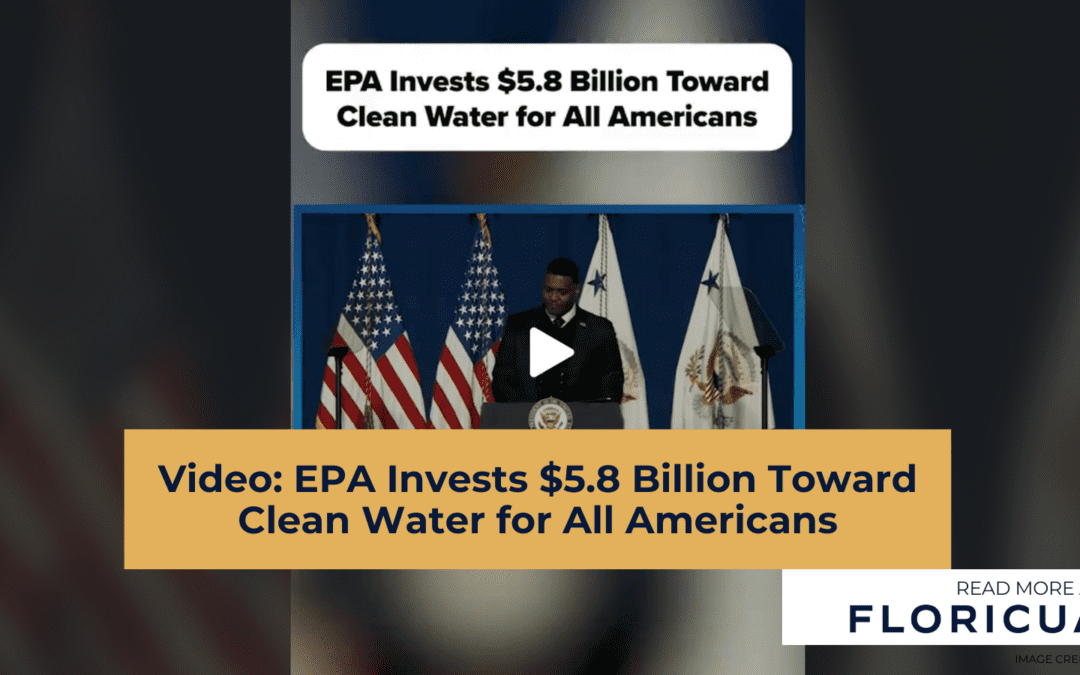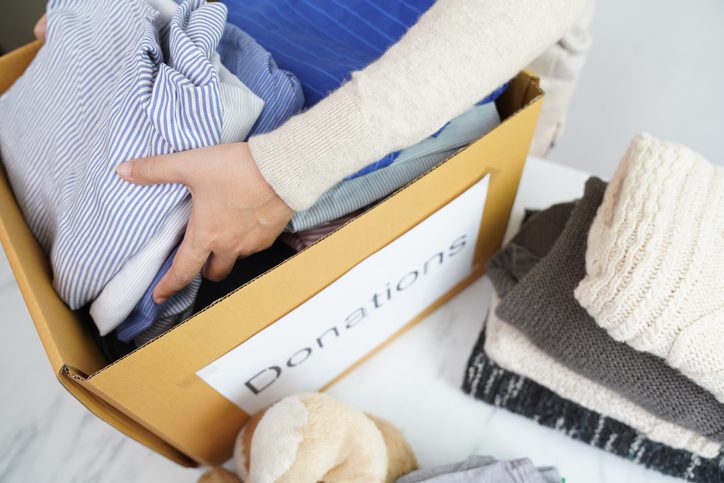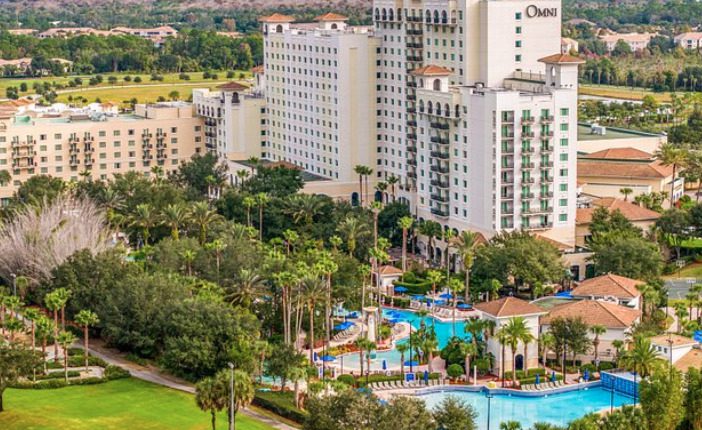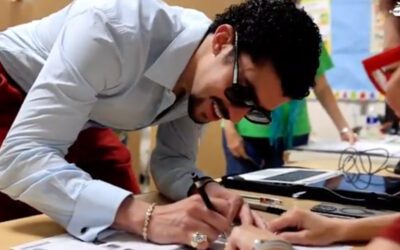Why eastern North Carolina plays host to the Biden/Harris campaign’s final points on income inequality, health care, and racial injustice.
The world could change in 48 hours, and of all the places in it, Sen. Kamala Harris landed in rural eastern North Carolina Sunday.
Harris—running mate to Democratic nominee Joe Biden—made stops in the cities of Goldsboro and Fayetteville. North Carolina is, of course, a swing state. But it is significant on two levels that Harris was making her closing arguments in these places.
First, both cities offer a relatively untapped well of Black voters, as well as many low-wealth voters often courted but never wed to the major political parties. North Carolina’s native son, the civil rights leader William Barber II, alluded to as much as he warmed up Harris’ crowd in Goldsboro.
About 920,000 low-income voters in NC didn’t vote in the 2016 election, he said. President Trump won the state by just 170,000. “Never again will we not vote our strength,” Barber promised. “We could change things.”
Secondly, Biden and Harris’ campaign focused almost exclusively on what this campaign has been about in the closing weeks: a ruined economy, the federal government’s beleaguered response to the novel coronavirus, the gradual diminishment of a once proud system of public education, and a lack of access to health care.
To that last point, the health care that many North Carolinians have is directly threatened by the president’s lawsuit to topple the Affordable Care Act in the US Supreme Court.
Biden and Harris can hop from Michigan to Pennsylvania to Wisconsin to Florida and back, but they might find no places more bluntly impacted by income inequality, racial injustice, underfunded schools, unaffordable health care bills, and a pandemic that just keeps taking.
Harris, appearing loose on a sparse strip of airfield in Kinston, says they are aiming for a “decisive” victory. The concern is that, otherwise, President Trump could drag out the election, claiming victory before all the votes are counted.
To that end, Harris says this trip is as much about voting as anything. Twenty-four hours earlier, mostly white Alamance County law enforcement officers pepper sprayed a multiracial voter march as they prepared to walk to the polls.. Many, including Gov. Roy Cooper, likened it to voter suppression.
“I think it’s very important that everyone be able to vote without any hindrance, any intimidation, without any obstacles,” Harris told us in Kinston. “Again, there’s too much at stake.”
Forget the demographics. Forget the politics. Election Day is almost here. The most consequential election of our lifetimes, and there is no place Sen. Harris should be more than here in eastern NC.
Needs and Necessities
“Raise your hand if you know someone with diabetes,” Harris shouts. “If you know someone with high blood pressure, or a breast cancer survivor.”
Hands pop up like gophers in Goldsboro’s Herman Park, where a gaggle of Biden-Harris supporters and media stand at socially-distanced markers.
“They’re suing to get rid of [Affordable Care Act] protections in the midst of a public health crisis,” she says.
The coronavirus has impacted this country on the scale of World War II, she argues. But “it didn’t have to be this bad.”
Later, she seems to acknowledge the lingering questions about voter suppression in this state, one that, like many in the South, became emblematic of voter suppression in the Jim Crow South in the 20th century.
“Why are so many powerful people making it confusing and difficult to vote?” she asks. “I believe the answer is they know our power.”
About two football fields away, Biden/Harris supporters, maybe a few hundred, are kept at a distance by the ring of the park’s fencing. Of all the things COVID has taken from us, the ambience of a political rally falls way down there, but it still makes for awkward moments. They cheer for her and respond, mostly in time. “I see you,” she acknowledges.
Later, when the senator dashes 60 miles southwest to a drive-in rally on the campus of Fayetteville State University, a historically Black college in Cumberland County, there’s a celebratory air. But it’s more catharsis than revelry.
Harris talks about tripling federal money for low-income Title I schools and creating a national registry for cops who’d been fired for misconduct so that they couldn’t be hired elsewhere.
“Joe [Biden] has the courage to speak the phrase ‘Black Lives Matter’,” she says.
It’s not just about race here. It is about the economy and health care and underpaid workers.
“The president’s job is to protect Americans. He failed,” she says to a chorus of honks. That’s how attendees show approval at these pandemic-approved drive-up rallies.
It’s all political theater. But locals say there is profound truth in the Harris message.

I grew up in eastern North Carolina in a US Coast Guard family. I know its striking beauty, captured this time of year in its flat autumnal fields, broken occasionally with the bright white burst of a cotton field.
Too often it’s relegated to the occasional national feature. An outlet parachutes in, writes an obit disguised as a feature, and catches a flight out to collect the awards. But the struggle does not end there.
It lingers through presidential administrations and seasons and news cycles. Indeed, in Robeson County—one of eastern NC’s most economically depressed counties, a landing pad for Biden and Trump in recent weeks—the schools didn’t stop drowning when the hurricane flood waters of Matthew and Florence receded.
Of course, eastern NC is not just poverty, underserved children, opioids and racial tumult. But the themes of this election are writ large here. They are personal. They’re not metaphorical; they’re visceral.
The Biden-Harris platform’s nuts-and-bolts plans for infrastructure, health care, minimum wage hikes, college debt, and homebuyer credits might not be as salacious as a culture war or QAnon fiction. It might not be as riveting to the most jaded political reporter.
But try mocking Biden’s “Build Back Better” slogan if if there’s sewage running down the halls, if your child’s school system can’t pay for basic building maintenance much less classroom supplies or devices. Try dismissing a plan for unemployment insurance and benefits for caregivers when you can’t eat or put gas in your car. This is not the “hope and dreams” campaign of Barack Obama. It is a “needs and necessities” campaign.
This is not to say Trump doesn’t enjoy his most robust support in rural places like these, at least among white voters.
On the way to Goldsboro, Sen. Harris’ motorcade passes a massive, blood-red “Trump” billboard paid for by an alliance of local pork farmers. As the motorcade pulled into Goldsboro’s Herman Park, a man leaned out of his pickup truck waving a MAGA hat. A woman mean-mugged the caravan, offering a surprisingly reserved thumbs down.
So many want to shun Trump supporters because of the rhetoric and the policies and the man himself. But their pain in these rural areas is real, even if many of Trump’s harshest critics say the candidate is not.
Yet if Republicans are looking for answers about their struggles in red states like Texas, Georgia, and even Arizona this election, if they indeed lose ground in areas that once flourished for the GOP, they need only look here.

In between the slurs and the anger, Trump campaigned as an economic champion. But even on Wall Street, which is about as relevant to the average North Carolinian’s income as the stock market in China, Trump trails every president in the last 30 years save for George W. Bush.
Income disparity between poor and wealthy Americans is an ever-growing chasm. And not all of this can be blamed on the pandemic.
The greatest threat to the American economy, to the manufacturers and farmers in eastern NC, was the coronavirus pandemic, and the president didn’t create a plan for containing the virus. He holds packed in-person rallies that directly contribute to its spread in American communities.
Monday afternoon, he held another in Fayetteville, a few miles from Harris’ stop at Fayetteville State, in a county where the virus has infected more than 7,300 people and killed 100, in a state where the rate of new coronavirus cases has never been higher.
Many around here say that this is, at its core, campaign before communities, politics before people.
A Plane in the Night
Harris, as is customary this time of year, whips up crowds, pauses for a couple photos, stops for a tv interview and sprint-walks to a waiting SUV at Fayetteville State.
The lights stay on. Rally goers dance on top of their cars into the night, a socially-distanced dance party made for 2020.
And we follow the senator and her entourage a short ways to the airport.
We stand up in the press bus for one last interview. No need, her people tell us, she’s already on the jet. Wheels up in five minutes. She’s bound for Pennsylvania, another battleground state that could upend the world further or, we hope, offer some modicum of stability.
“The jet fumes, they’re giving me a headache,” one reporter groans as Harris’ jet powers up. At first, I think it’s a metaphor.
We’re not the only ones here. Across the landing strip, crews are at work, setting up Trump’s Monday afternoon rally at the airport here in Fayetteville.
There will be thousands pressed in. People will get sick, some will die.
Cranes hoist a Trump banner in the night sky, and Harris’ jet screams past it. Before you know it, the senator’s plane is just a flashing light fading away in a blue-lit eastern NC sky.

Video: EPA Invests $5.8 Billion Toward Clean Water for All Americans

Florida Republicans delay ‘fetal personhood’ bill after Alabama IVF ruling
A Florida Senate committee announced Monday that it is postponing a Republican bill that would give fetuses civil rights as children. But opponents...

5 places in Florida to donate clothes, shoes, and more
Decluttering your home can provide such a satisfying feeling of accomplishment. After sorting through all of your belongings and determining what...

8 Orlando hotels that pack as much fun as the theme parks
With waterslides, family arcades, playgrounds for the kids, and spas for mom and dad, these Orlando hotels will make your vacation unforgettable!...



